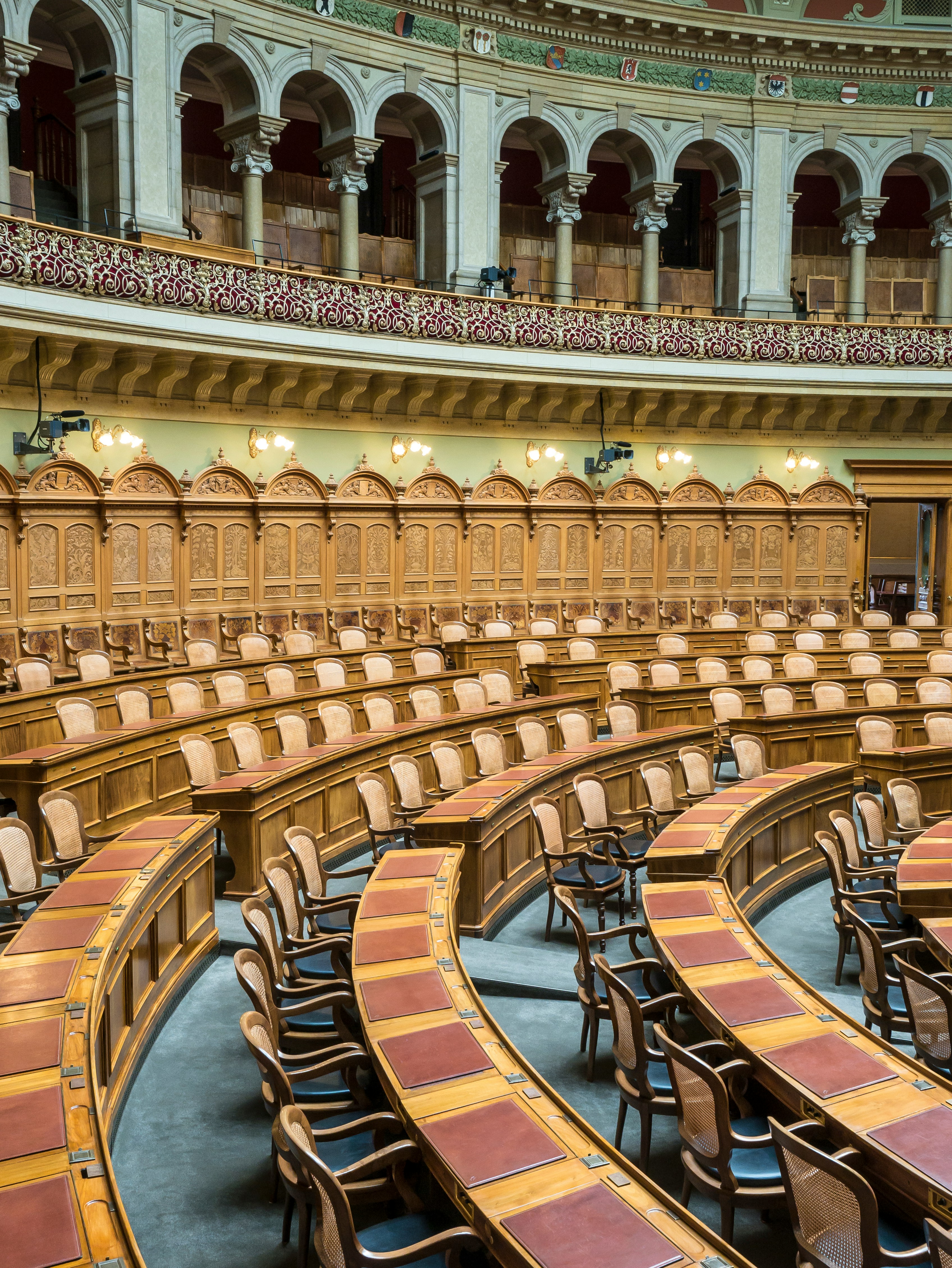Report Highlights Compliance Gaps and Transparency Issues Misaligned with GHG Protocol Scope 2 Guidance
February 17, 2025 (SEOUL) – A newly released report by Solutions for Our Climate (SFOC) raises serious concerns about the credibility of South Korea’s Green Premium (GP) program as a renewable energy purchasing mechanism. The report reveals that the GP program does not align with the internationally recognized Greenhouse Gas (GHG) Protocol Scope 2 Guidance, a key global standard for GHG emissions accounting. This places companies relying on GP for emissions reduction claims at risk of non-compliance and reduced competitiveness in global markets.
A similar issue arose in China, where Green Energy Certificates (GECs) were only conditionally accepted by the global RE100 initiative, a global corporate commitment to 100% renewable energy, until 2023 due to concerns over double counting of renewable energy claims. Companies had to own all renewable energy certificates and could only claim GHG reductions for energy generated near the claimed period. This precedent highlights the risks of relying on mechanisms that lack transparency and credibility, a concern now echoed in South Korea’s GP program.
Companies operating in South Korea can procure renewable energy through the Korean RE100 (K-RE100) program, introduced by the Ministry of Trade, Industry, and Energy (MOTIE) in 2021. This enables Korean companies to participate in the global RE100 initiative. Companies participating in the global RE100 include Samsung Electronics, SK Hynix, LG Energy Solutions, SK Siltron, and LG Innotek. GP is one of the four methods available by the K-RE100 and the most widely used. Similar to a “green tariff” commonly used in other countries, GP requires companies to pay an additional charge on top of their regular electricity bills, suggesting that they are using renewable energy.
However, unlike green tariffs in other markets, South Korea’s GP does not significantly contribute to carbon emissions reductions. The program fails to meet several key criteria of the GHG Protocol Scope 2 Guidance. A tariff such as GP should be backed by Renewable Energy Certificates (RECs) to prove where the energy is coming from and convey ownership of the emission reductions. However, regulations remain unclear on whether and how GP is connected with RECs from renewable energy generators. As a result, GP lacks the necessary attributes to be considered a credible greenhouse gas emissions reducing mechanism.
The Scope 2 accounting also requires certificates to be issued and redeemed as close as possible to the period of energy consumption. However, this remains ambiguous under the GP program. GP is sold through auctions held three times a year by the Korea Electric Power Corporation (KEPCO) based on estimated renewable generation for the current year. While this implies that the energy associated with GP purchases is generated in the same year, the regulations do not explicitly confirm this.

Figure 1: South Korea’s Green Premium Quality Criteria Compliance Summary (Image credit: SFOC)
For businesses seeking reliable renewable electricity procurement, alternatives to GP exist, such as Power Purchase Agreements (PPAs), which offer direct and verifiable emissions reductions. However, South Korea’s constrained renewable energy supply and regulatory barriers impeding flexible PPA adoption remains a major challenge. Urgent government action is needed to accelerate renewable energy development and ensure that corporate sustainability efforts align with genuine climate action.
Brooke Savoy, Energy Markets and Policy Researcher at SFOC said:
“The Green Premium program, in its current form, lacks the necessary accountability, transparency, and contribution to additional GHG emission reductions, putting companies at risk of greenwashing allegations. With the first auction for Green Premium likely to be opening soon, companies should reconsider their reliance on Green Premium for renewable energy procurement."
ENDS.
Solutions for Our Climate (SFOC) is an independent nonprofit organization that works to accelerate global greenhouse gas emissions reduction and energy transition. SFOC leverages research, litigation, community organizing, and strategic communications to deliver practical climate solutions and build movements for change.
For media inquiries, please reach out to Yi Hyun Kim, Communications Officer, at yihyun.kim@forourclimate.org.
Share this insights























![[Report] Financing a Paris-Aligned Coal Exit in South Korea](https://content.sfoc.tapahalab.com/images/research/ld8wdme.jpg)


![[Consultation Brief] No Room for New Gas in South Korea](https://content.sfoc.tapahalab.com/images/research/uDmDeme.jpg)


![[이슈브리프] 한전 적자 부추기는 전력시장 보상제도와 거버넌스](https://content.sfoc.tapahalab.com/images/research/FzvSdme.jpg)

![[ISSUE BRIEF] Fossil Fuels, the Main Culprit behind KEPCO’s Deficit](https://content.sfoc.tapahalab.com/images/research/q5TSdme.jpg)


![[이슈 브리프] 좌초되는 한국형 RE100 제도: 망이용료와 제3자 PPA를 중심으로](https://content.sfoc.tapahalab.com/images/research/etandme.jpg)




